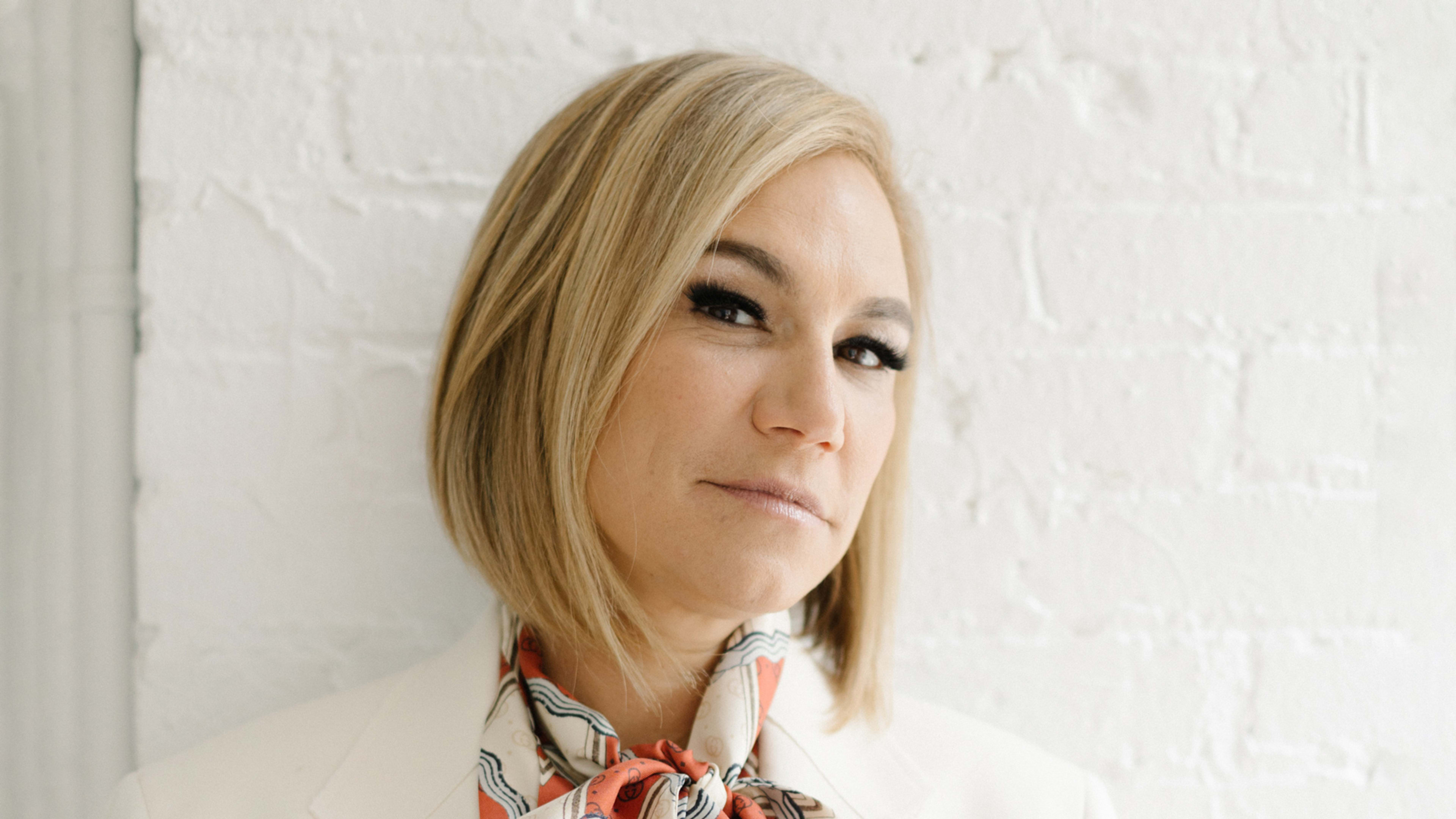You can’t be a successful entrepreneur without making mistakes. Believe me, I’ve made plenty. Failed tech launches. Missed opportunities. So many unforced errors. My biggest mistake? That’s easy. It almost cost me two of the most important relationships in my life.
In 2009, SoulCycle was three years old, profitable and preparing for explosive growth mode. There was one problem: My cofounder, Elizabeth Cutler, and I couldn’t agree on our growth plans. How aggressively should we expand? Take on investors? Should we focus on New York City and Los Angeles or move into secondary markets? We tried to present as a united front, but we weren’t riding to the same beat.
To make matters worse, home wasn’t exactly a refuge from the stress of entrepreneurship. I had a four-year old, Phoebe, and a six-year old marriage. I’d get home late, spend some time with the fam, and as soon as Phoebe was asleep, it was back to work. One night, my husband was reading the book, Getting the Love You Want by Harville Hendrix. When he told me his therapist had recommended it, I said, “You have a therapist?”
Within a couple weeks, the two most important people in my life sat me down separately and said, “We need to talk.” My husband, I understood. Our relationship had taken a backseat to the demands of SoulCycle since day one. But when Elizabeth told me she’d found a “coach” to help us get on the same page, I was shocked. I’d always thought being business partners was more about the “business” than the “partners.”
The greatest mistake I ever made was prioritizing my startup, and “getting it all done” over the people who mattered most to me. I’m incredibly lucky that I found two partners who are more evolved and were open to spending the time and making the effort to grow our relationships. And grow them we did.
Elizabeth and I began our work with business coach Meredith Haberfeld, who helped us develop the tools we needed to communicate more effectively, working through issues of ego, control, and perception. The most important takeaways we learned in our work with Meredith were ensuring we hold time and space for listening without interrupting and, with that, considering someone else’s worldview.
Our sessions were so effective that we collaborated with Meredith on a framework to train our corporate and studio teams at SoulCycle in communication. We also developed a similar structure using these methods for my latest startup with Elizabeth, Peoplehood. (Peoplehood is a guided group experience that helps foster healthy relationships with others, and oneself, for a happier life. During 60-minute themed conversations called Gathers, guides lead groups of up to 20 participants in the art of “higher listening.” The peer-to-peer structure and thematic dialogue spark self-awareness, change perspectives, and lead to transcendent “aha moments.” Gathers will take place on our digital platform for a global audience, and in person at our New York City location, with memberships available starting in February 2023.)
While Elizabeth and I worked with Meredith, my husband and I signed up for a three-day “Getting the Love You Want” seminar with Harville Hunt and his wife, Helen LaKelly Hunt. The biggest problem in relationships? Listening. Most dialogues are really just two monologues. I say what I want, you hear what you want, and then you say what you want while I prepare my retort. No one feels heard or understood. Ultimately, we developed skills to navigate our relationship among the rigors of startup life.
For example, instead of expressing our feelings in the heat of the moment, we make a mental note to let emotions settle, then ask, “Is now a good time for a conversation?” The answer can be “yes” or “no.” However, “no,” must include a time in the next 24 hours. When the conversation happens, it follows a script like, “It made me feel ____ when you did ____.” Then, we use a tool called “mirroring.” The proper response goes like, “So, what I’m hearing you say is, you felt _____ when I did _____. Do I have that right?” As strange and forced as it sounds, this provides a solid framework for both parties feeling heard, and gets easier over time.
It’s funny. We spend our lives in school learning how to be successful humans, except we’re left to figure out how to communicate and build meaningful relationships on our own. And, the glorification of entrepreneurs and startup culture has brainwashed a generation to value work and success over building relationships. Nurturing relationships is a skill that takes time and commitment, things entrepreneurs have in short supply. Prioritizing these two important relationships helped make me strong enough to navigate my mistakes and humble enough to enjoy the rewards of building and selling a successful business.
Saving my relationships with my husband and business partner saved SoulCycle, and in many ways, saved me. I’m a better mother, daughter, and friend than I was before, and I’d like to think I’m a better human being. This realization is what served as the spark for Peoplehood. While my husband would prefer I give up startup life and ride off into the sunset with him, at least we have the skills to have that conversation and work on a plan to ensure we’re both getting what we need to thrive.
As told to Marina Khidekel.
Recognize your brand’s excellence by applying to this year’s Brands That Matter Awards before the early-rate deadline, May 3.
